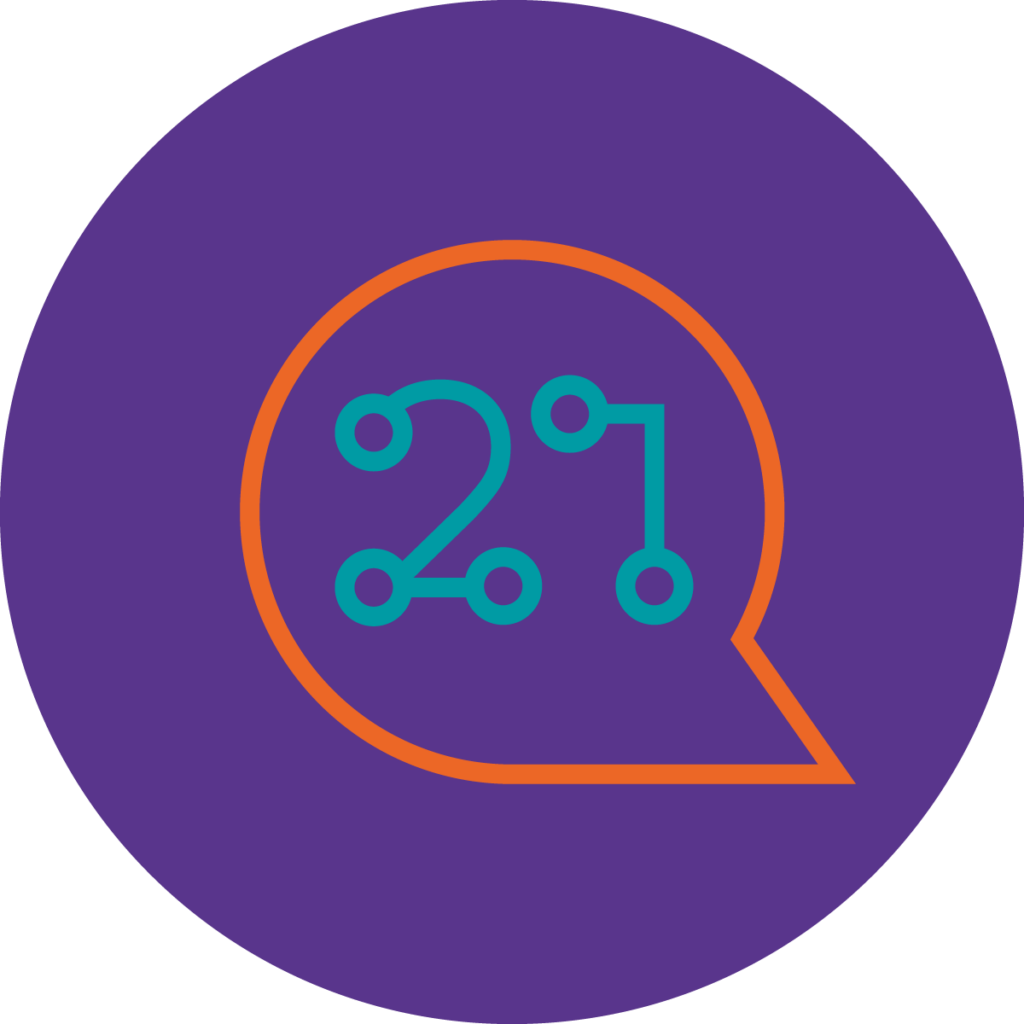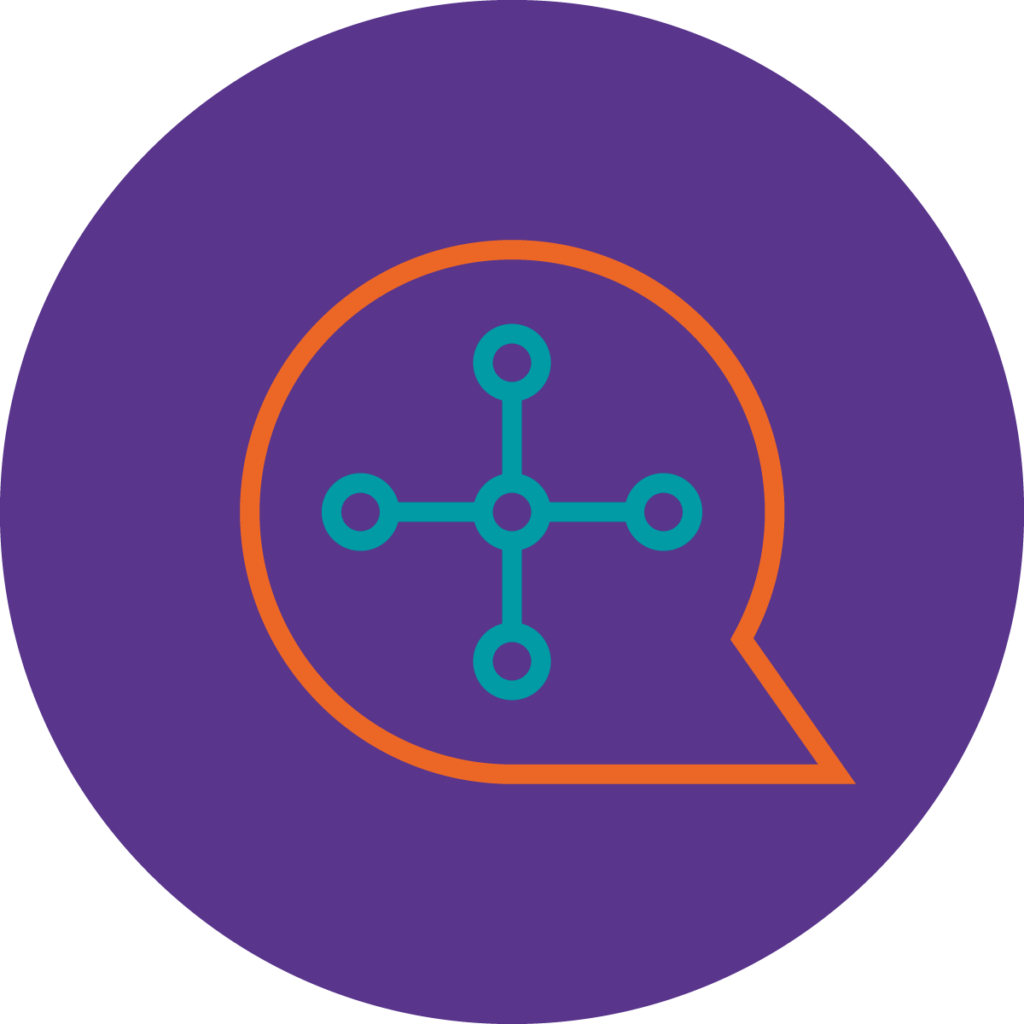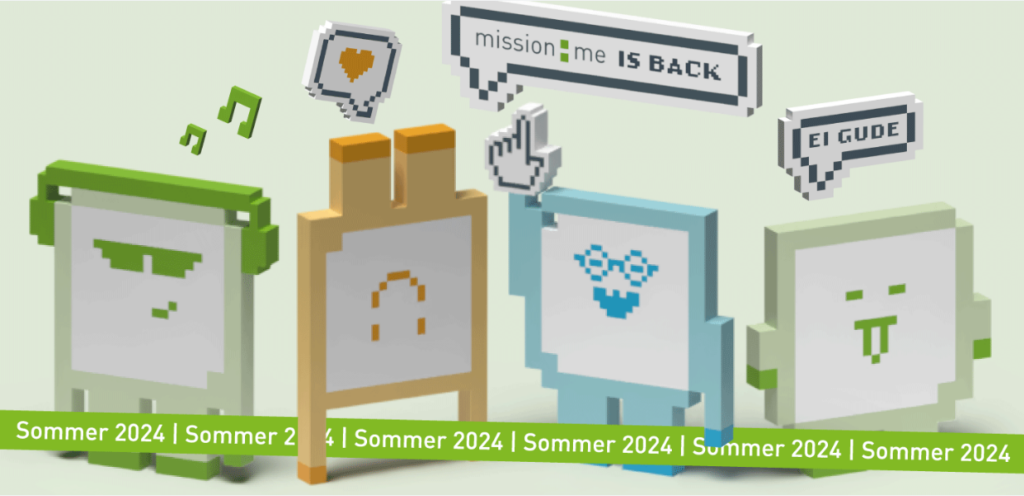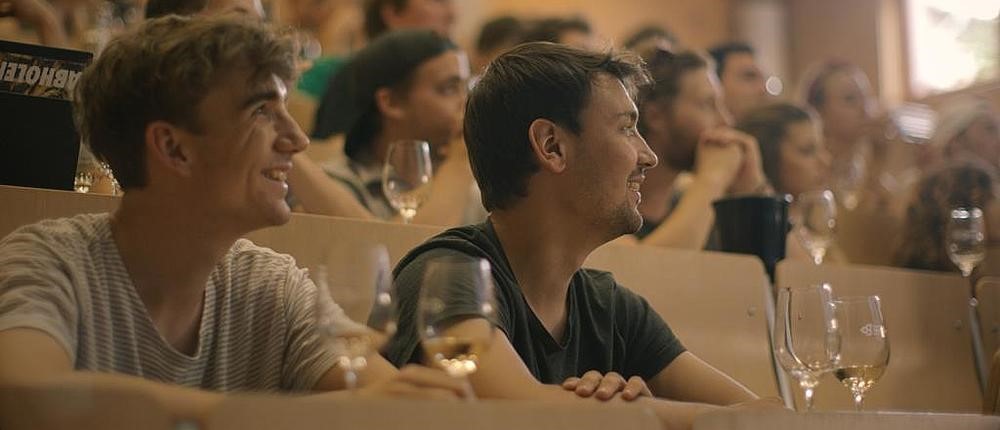Auf einen Blick
Für: Studierende
Themen: Erlernen von tierärztlichen Fertigkeiten; Üben an Simulatoren; Eigenes Lerntempo; Notfallmedizin; Inter- und intraprofessionelle Kommunikation; Problemorientiertes Lernen (POL)
Ort: Justus-Liebig-Universität Gießen
Im Clinical Skills Lab – PETS (Practical Experience of Technical Skills) der Veterinärmedizinischen Fakultät der JLU lernen und üben die Studierenden tierärztliche Fertigkeiten. Das Wesen von Skills Labs ist das praktische Arbeiten an Simulatoren und Modellen – also das stetige „hands-on“. Dies erfolgt ebenfalls im Sinne des Tierschutzes gemäß dem 3R-Prinzip.
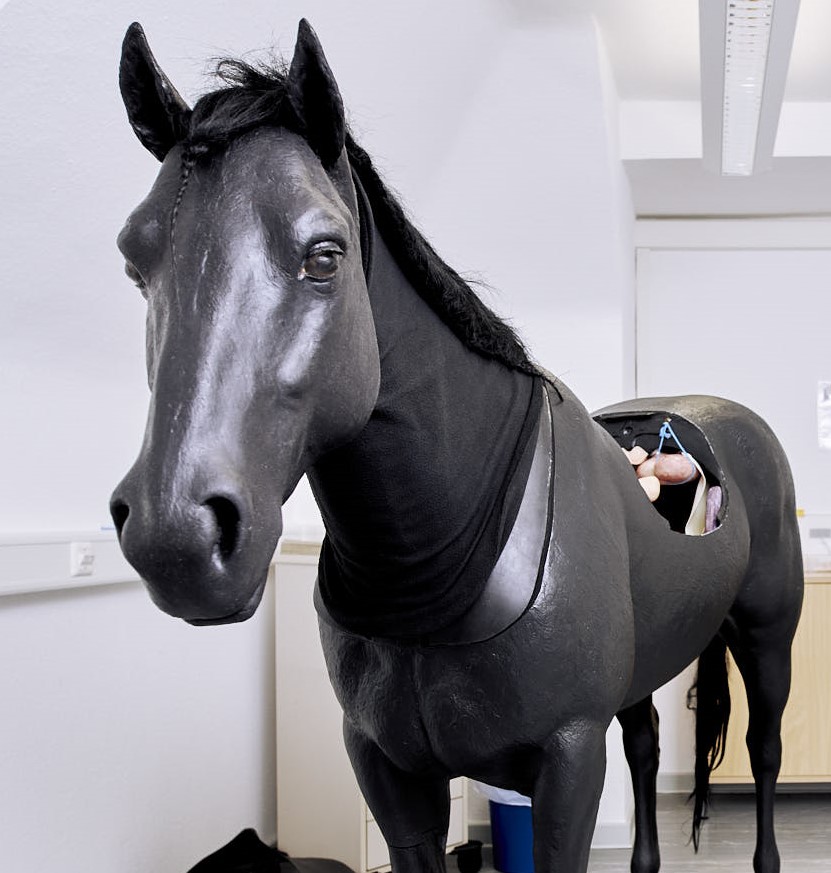
Foto: Marcus Heine
Am Fachbereich Veterinärmedizin der JLU ist das Skills Lab an verschiedenen Punkten im Studium angegliedert bzw. fest verankert und erfährt eine stetige Weiterentwicklung, sowohl inhaltlich in den bestehenden Pflichtveranstaltungen, als auch durch das neue Spektrum der Wahlpflichtveranstaltungen (Abb.).
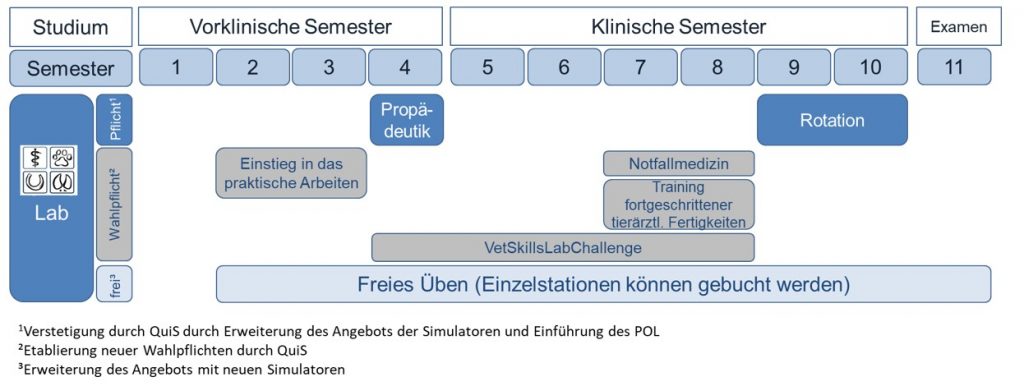
Neben den durch QuiS etablierte Wahlpflichtveranstaltungen bietet das Skills Lab – PETS für Studierende ab dem 2. bis zum 11. Semester freie Übungsstunden an. Mit der Hilfe von QuiS konnte das Angebot auf 68 Stationen zur Bearbeitung im Self-Directed-Learning erweitert werden. Die Räume können zur individuellen persönlichen Kompetenzentwicklung genutzt und wöchentlich gebucht werden, um einzelne Fertigkeiten im eigenen Tempo zu erlernen, zu wiederholen oder sich auf Prüfungen und Praktika vorzubereiten.
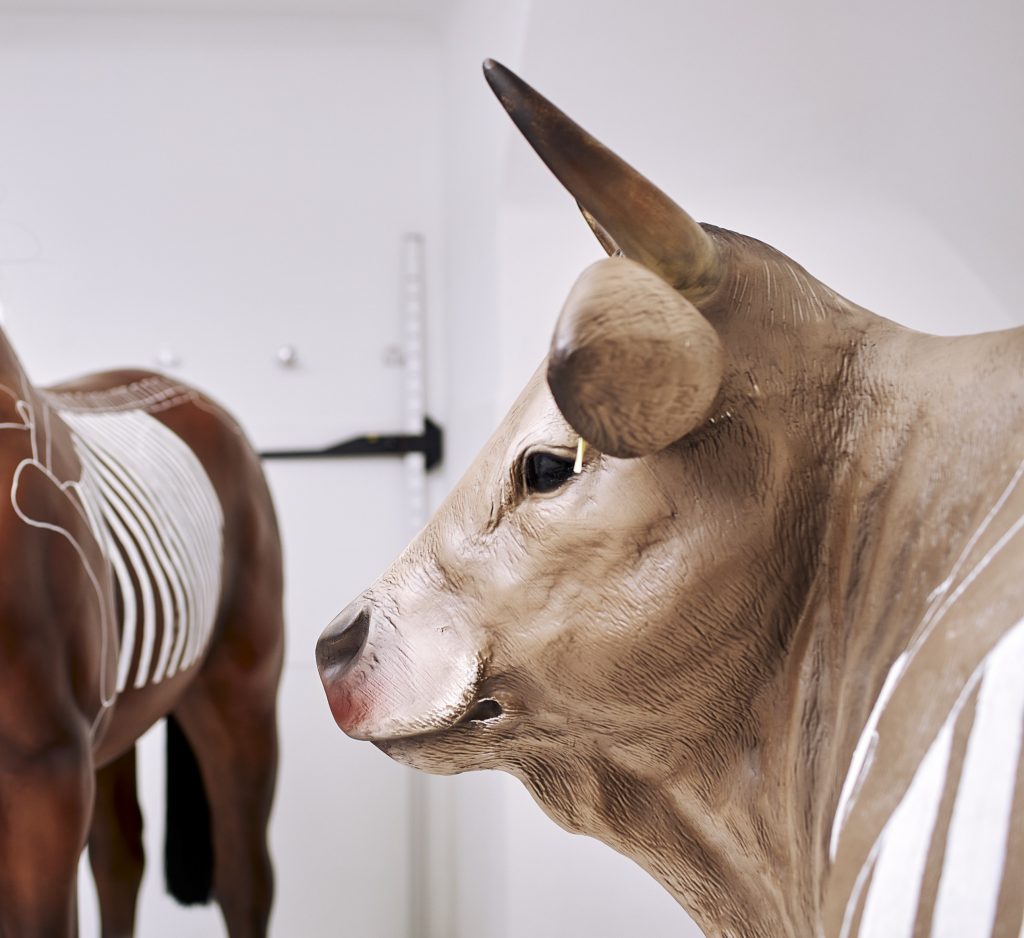
Foto: Marcus Heine
Darüber hinaus konnte das Skills Lab in der Rotation (praktisches Jahr im 9. und 10. Semester) weiter verstetigt und das didaktische Konzept des Problemorientierten Lernens etabliert werden. In dieser Veranstaltung durchlaufen die Studierenden das Skills Lab in Kleingruppen von 3 bis 4 Personen. Angepasst an ihren fortgeschrittenen Ausbildungsstand bearbeiten die Studenten in dieser Veranstaltung nicht nur einzelne Übungsstationen, sondern erarbeiten sich mit Hilfe unserer studentischen Tutoren als Rollenspieler für verschiedene Situationen (Patientenbesitzer/Kollegen) komplexe Fallbeispiele. In diesem Stadium der Ausbildung geht es nicht mehr nur um das Erlernen der isolierten praktischen Fertigkeiten, sondern um die Einschätzung des aktuellen Gesundheitszustandes des Patienten, die Abwägung verschiedener Differenzialdiagnosen sowie die strukturierte Einleitung und Durchführung von weiterführenden diagnostischen Maßnahmen, zur optimalen Versorgung des Patienten.
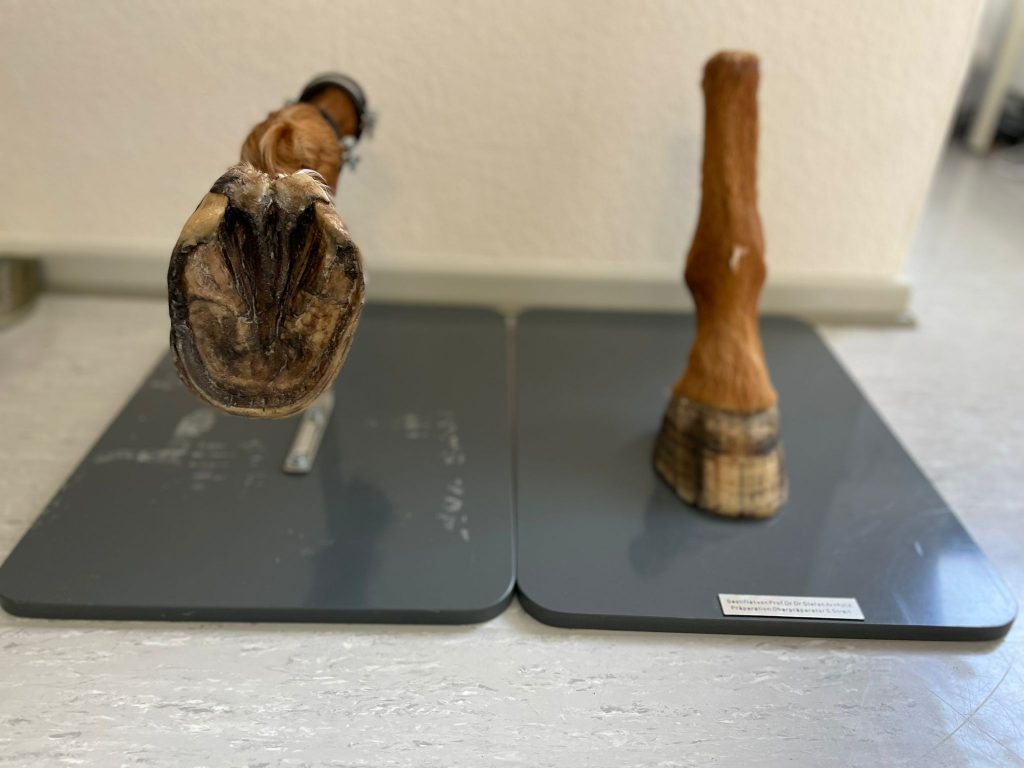
Die feste Integration des Skills Labs im Curriculum in Kombination mit der Möglichkeit des freien Übens sowie der verschiedenen Wahlpflichtveranstaltungen sichert eine große Nachhaltigkeit des Lernens: Bestimmte Lehrinhalte werden wiederholt und erneut aufgegriffen, andere werden hinzugefügt und weiterentwickelt (Spiralcurriculum). Sie sind stets dem Wissensstand des jeweiligen Semesters angepasst und fokussieren sich auf die geforderten Lernziele.
Ansprechpartner*in
Antonia Giebel und Dr. Birte Pfeiffer-Morhenn, Justus-Liebig-Universität Gießen
